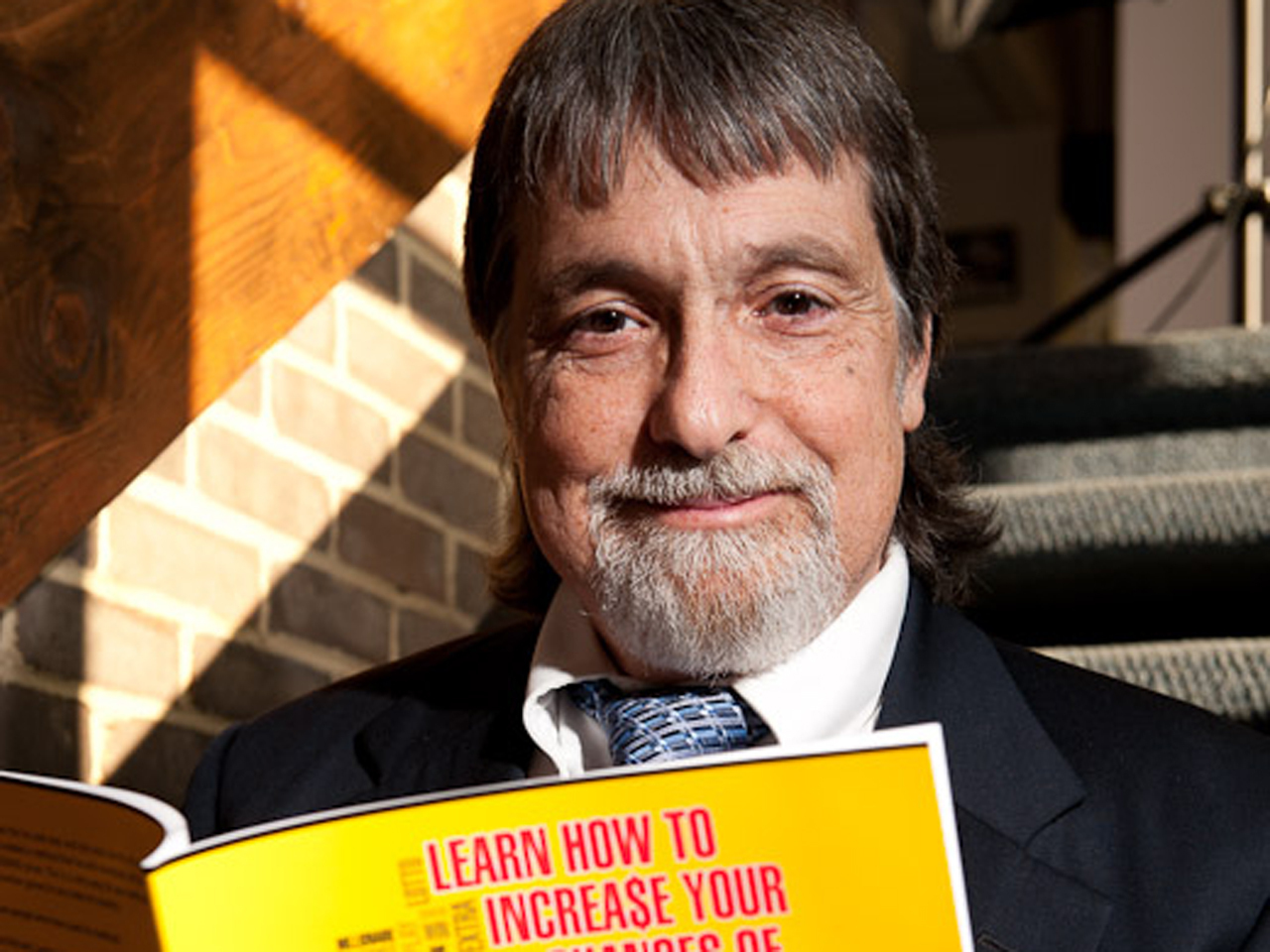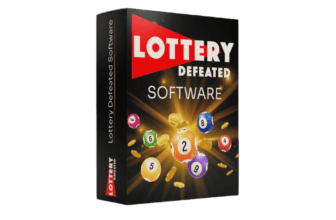Let’s talk about Richard Lustig. The guy won the lottery not once, not twice, but seven times. Yes, you read that right—seven freaking times. For those of us who can’t even get a free coffee on a scratch card, this sounds like sorcery. So, is Lustig some kind of mystical lottery whisperer? Or did he just have really, really good karma? Today, we’re diving into the world of Richard Lustig, the self-proclaimed lottery guru, to see if we can uncover his “secret sauce” (spoiler: it might just be persistence and a lot of cash).
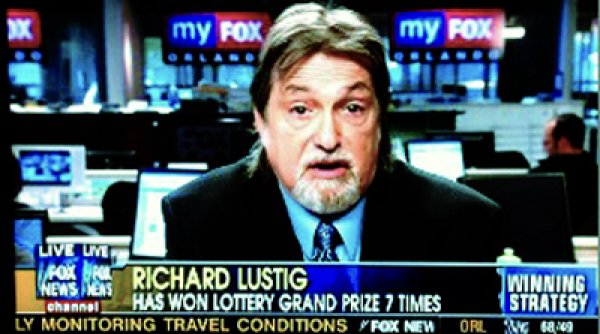
Who Is Richard Lustig?
Richard Lustig isn’t just any lottery player—he’s the guy who turned buying tickets into a full-time gig. Lustig made headlines by winning seven significant lottery prizes, the largest being an $842,152 jackpot in 2002. But here’s where things get interesting: while everyone knows about his seven wins, very few people know much about his background.
Lustig started his career not as a lottery player, but as a musician. Yep, before he was making headlines with lottery tickets, he was drumming his way through life. He toured the country as a drummer—so it’s safe to say he had rhythm, but did that translate to luck?
His true claim to fame, however, wasn’t just hitting the jackpot. No, Lustig also penned a bestselling book on how to win the lottery, where he lays out his so-called “winning formula.” But here’s the kicker—despite winning seven times, Lustig spent a lot of money on tickets. This is where the controversy begins. So, did he crack the lottery code, or did he just spend enough cash to eventually win?
The Road to Winning
Lustig’s lottery journey began in 1993 with a humble $10,000 win from a scratch-off ticket. This was enough to spark a full-blown obsession. He didn’t win again until 1997, but from that point on, he started racking up wins like someone who really didn’t want to work a day job. Over the next decade, Lustig bagged smaller prizes, including two free vacations and a few mid-five-figure sums from Florida’s Fantasy 5 game. His biggest haul came in 2002 when he snagged the $842,152 Florida Mega Money jackpot. Not bad, right?
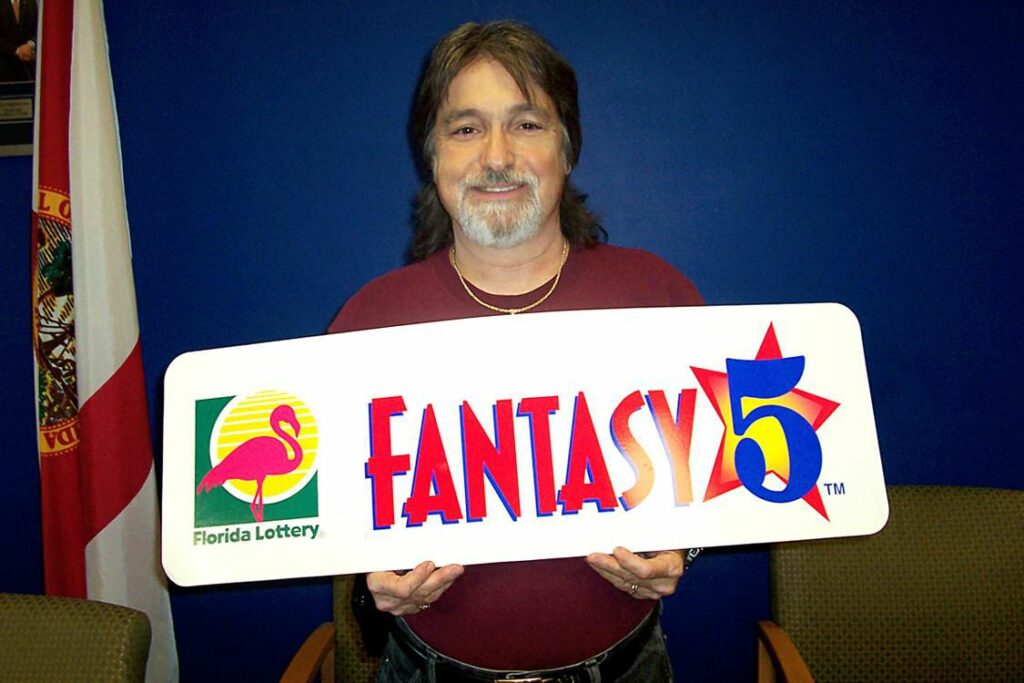
Here’s a quick rundown of his biggest wins:
| Date | Amount | Game |
|---|---|---|
| January 1993 | $10,000 | Scratch-off Ticket |
| August 1997 | $13,696 | Florida Fantasy 5 |
| June 2000 | $3,594 | “Wheel of Fortune” holiday trip |
| October 2001 | $4,966 | Elvis Holiday trip |
| January 2002 | $842,152 | Florida Mega Money |
| November 2008 | $73,658 | Florida Fantasy 5 |
| August 2010 | $98,992 | Florida Fantasy 5 |
Seven wins totaling $1,052,205 before taxes. Not too shabby, but here’s where things get murky: how much did he actually spend over the years to win those prizes? Unfortunately, we’ll never know because that’s one number Richard kept very, very quiet about. But judging from his insistence that players buy tickets regularly and avoid quick-pick options, it’s safe to say his method wasn’t exactly cheap.
The Winning Strategy – Or Is It?
Richard Lustig’s main selling point is his book, “Learn How to Increase Your Chances of Winning the Lottery.” (available on Amazon). It promises to give readers the keys to winning the jackpot by outlining what Lustig calls a “winning formula.” His strategy boils down to a few main points:
- Never use Quick-Pick tickets. According to Lustig, the random number generators used in Quick-Pick are the enemy of your lottery dreams. Instead, he suggests sticking with the same set of numbers each time you play.
- Reinvest your winnings. Lustig swears by using your winnings to buy more tickets. So, if you win $20, don’t pocket it—throw it right back into the game. He calls it “reinvesting” but to some, this just looks like gambling your money away.
- Pick your own numbers. Lustig suggests that picking numbers with personal significance (like birthdays or anniversaries) will give you better odds. But here’s the twist: a lot of people pick their birthdays, so if you win with a number under 31, you might end up sharing the pot with a ton of other people.
- Stick with it. His most critical rule? Persistence. Lustig claims you need to play regularly and consistently to increase your chances. While mathematically sound, this approach can also empty your wallet faster than you can say “jackpot.”
Does any of this actually work? Well, there’s no statistical evidence that his methods improve your chances. At the end of the day, the lottery is still a game of chance.
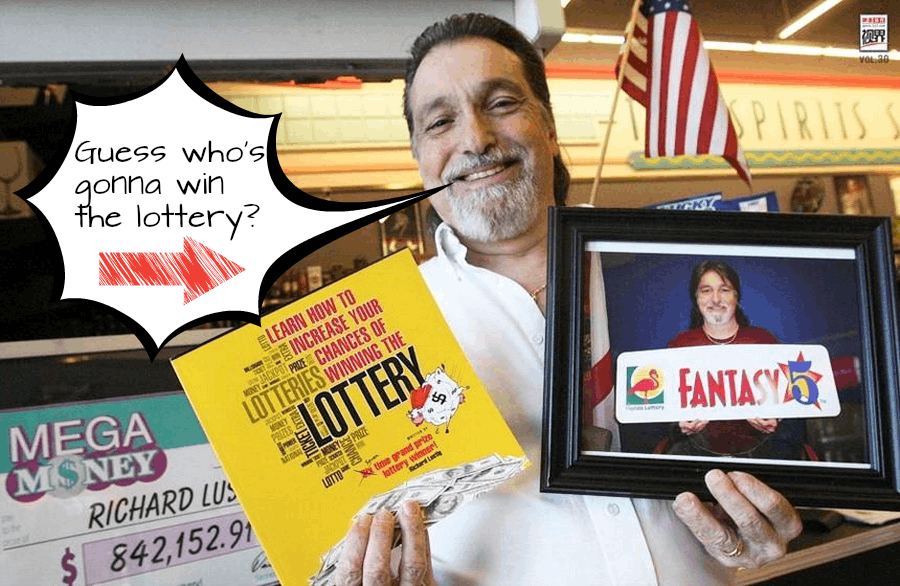
The Fine Print: Is It Worth It?
Let’s be real: if Richard Lustig had truly discovered a foolproof way to win the lottery, he’d be sitting on a yacht somewhere, not selling a book for $39.95. His strategies, while intriguing, are based more on belief than hard data. Lottery experts (and statisticians) argue that his approach doesn’t significantly increase your odds of winning.
Sure, Lustig won seven times, but how much did he spend to do it? And while his advice might help you have fun with the game or give you a sense of control, it’s far from a guaranteed path to success. Still, Lustig’s charm and his record of wins made him a figure that some people admire and others… well, let’s just say they’re skeptical.
Richard Lustig and the Rise of Copycat Lottery Systems
Richard Lustig’s lottery success inevitably led to his name being associated with numerous lottery “systems” and “strategies” that promised to teach anyone how to win big. While Lustig had his own method—which was dubious at best—his name was also hijacked by a slew of other products that claimed to hold the keys to lottery success. Unfortunately, most of these products were nothing more than scams, preying on people’s dreams of hitting the jackpot.
Let’s take a closer look at some of the most infamous lottery systems that used Lustig’s name and likeness to lure people into buying ineffective and, frankly, worthless products.
Lottery Maximizer
The most notable is Lottery Maximizer, a $97 software that claims to help you “increase your odds” by crunching past winning numbers and suggesting your next big pick. Does it work? Well, customer reviews are mixed, and we’re using “mixed” kindly. Some call it genius, others call it a waste of time.
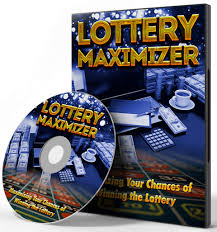
Lotto Dominator
Among the most notorious products associated with Lustig’s name was Lotto Dominator. Marketed as a miracle formula for consistently winning the lottery, this product promised that users could “dominate” the lottery by following a specific algorithm. The problem? This so-called “algorithm” was nothing more than random number generation dressed up in technical jargon.
While the Lotto Dominator system claimed to analyze previous winning numbers to predict future draws, in reality, it was just another version of the “past results” fallacy—the idea that lottery outcomes are in any way connected, which they aren’t. The people behind this system took advantage of Lustig’s fame, falsely suggesting that his success was tied to this method, when in fact, the two had no connection whatsoever.
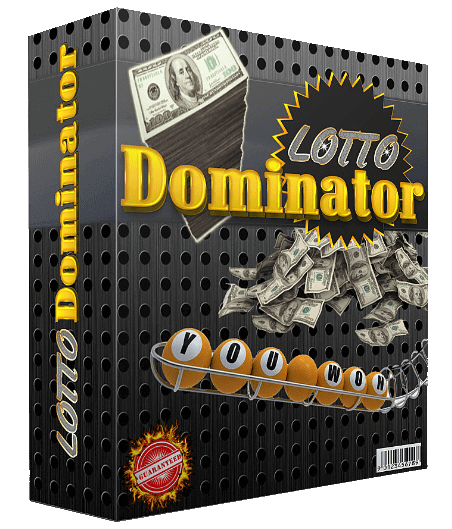
Lottery Winner University
Another product that tried to cash in on Lustig’s fame was Lottery Winner University. This “university” promised that for a monthly fee, members would get access to insider tips and secret strategies that would turn them into frequent lottery winners. The reality was far less glamorous. The system offered nothing more than generic advice, much of which was freely available online or simply common sense (e.g., play regularly, choose your own numbers, etc.).
Lottery Winner University was, at best, a gimmick that offered vague tips on playing the lottery without any meaningful or actionable strategies. It was essentially a subscription service that locked people into monthly payments while delivering no real value. Many buyers were disappointed to find that the content was poorly organized, repetitive, and in no way capable of increasing their odds of winning.

Auto Lotto Processor
The Auto Lotto Processor claimed to be a sophisticated lottery software that used historical data and complex algorithms to predict the next winning numbers. What made this product particularly deceitful was its heavy use of pseudo-mathematical language. The creators behind Auto Lotto Processor suggested that their program could “learn” from previous lottery draws and make educated guesses about future outcomes.
This kind of language misled many people into believing that the software was based on science or data analysis. However, anyone familiar with lottery mechanics knows that each draw is completely random, and no amount of data from past draws can influence the future. Like most of these systems, Auto Lotto Processor was simply a random number generator wrapped up in slick marketing and false promises.
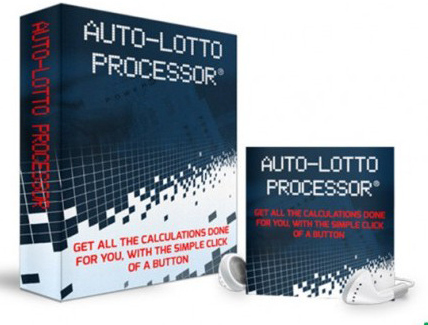
Lotto Crusher System
Lotto Crusher System was another scam that marketed itself as a foolproof way to consistently win lottery jackpots. It claimed to use secret “crushing techniques” to obliterate the lottery and bring home massive wins. The reality? It was just another system that involved picking numbers based on previous winning patterns, with no real math or logic to support it.
The creators of Lotto Crusher System used testimonials and fake success stories to lure in hopeful buyers. Many of these testimonials were either fabricated or heavily exaggerated to make it seem like users were winning large sums of money. The system itself provided nothing more than a simple, ineffective number-picking guide, which left buyers feeling scammed.
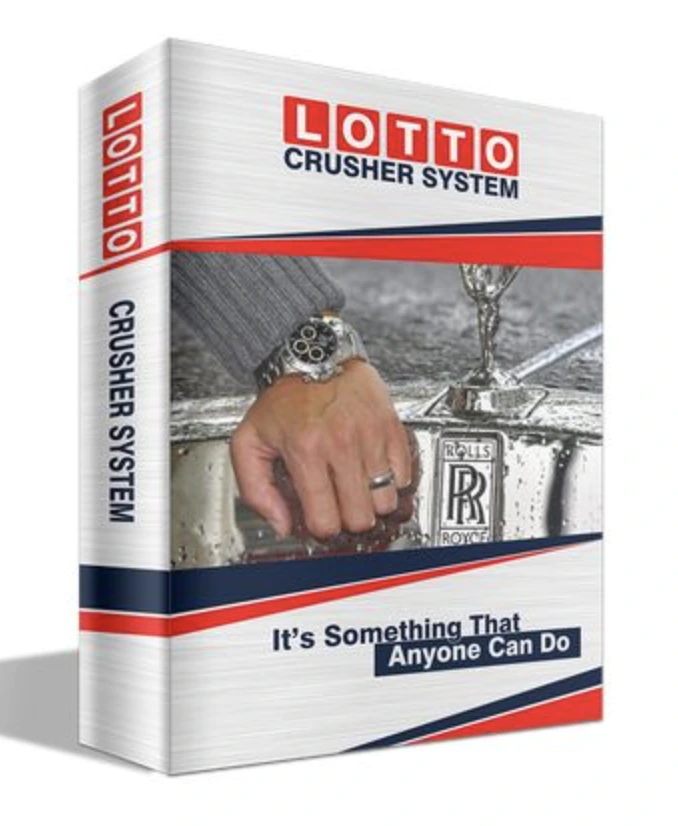
Lotto Destroyer
The aggressive marketing behind Lotto Destroyer claimed that users could “destroy” the lottery and walk away with millions by following the system’s secret methods. As with the other products, it was filled with over-the-top promises and gimmicky language that made it sound far more advanced than it actually was.
Lotto Destroyer was built on the same faulty premise that by analyzing past numbers, one could somehow predict future draws. The product offered no real value and was essentially a cash grab. Like the other systems on this list, it took advantage of Richard Lustig’s success to draw in unsuspecting customers, even though Lustig had no involvement with the product.

Lotto Annihilator
With a name like Lotto Annihilator, this product went all-in on the idea of “destroying” the lottery. It claimed to use a mathematical approach to increase a player’s chances of winning, but in reality, it followed the same ineffective path as its predecessors. Using past lottery numbers to predict future outcomes, it was nothing more than a rehashed version of other lottery systems that were built on the illusion of mathematical complexity.
The creators of Lotto Annihilator relied on exaggerated success stories and Lustig’s name to market the product, but as with the other systems, it provided no real edge. Buyers quickly realized that the “secrets” were nothing more than basic advice and unrealistic expectations, leading to a wave of disappointed customers.
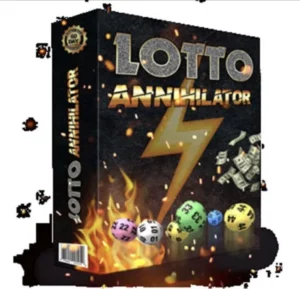
Lotto Magic
Lotto Magic tried to distinguish itself by positioning its product as a “magic” solution for lottery success. The product was marketed as an insider strategy that would help players win consistently by using a step-by-step guide. However, as you might expect, there was no actual magic involved. The methods described were rudimentary, offering nothing beyond the usual “pick your own numbers” and “play regularly” advice that Lustig himself had promoted.
Although Lustig’s name was associated with the product, it was unclear if he had any actual involvement in the creation of Lotto Magic. Like most of these systems, it was more about clever branding than delivering any meaningful lottery strategies.
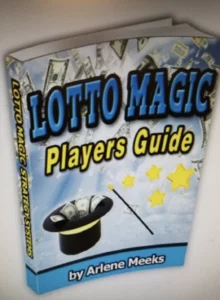
My Lottery Loopholes
It seems that “My Lottery Loopholes” is simply another ClickBank product rebranded under different names to capitalize on Richard Lustig’s legacy. Identical to “Lottery Maximizer,” this product claims to offer insider secrets on how to crack the lottery system, promising better odds and statistical advantages—none of which hold water when scrutinized.
What Do We Really Think?
Look, Lustig won the lottery seven times—that’s a fact. But his methods? They’re more about persistence (and deep pockets) than some groundbreaking strategy. Sure, he did win a million bucks over the course of two decades, but we can’t ignore the fact that he probably spent a small fortune along the way.
The bottom line? If you’re looking for a way to improve your chances of winning, maybe stick to responsible gambling practices. As entertaining as Lustig’s story is, his strategy is far from a guaranteed win. After all, the lottery is a game of luck, not skill.
Lustig’s story is fascinating, and he was certainly lucky. However, it’s important to remember that his success likely involved playing a lot and spending even more. If you decide to follow his approach, play responsibly and keep in mind that there’s no guarantee you’ll win like Lustig did. Sadly, no new insights can be gathered since Lustig passed away on July 22, 2018. However, his story remains an example of how lottery enthusiasts can dream big, even if the odds are always stacked against them.
And if you thought winning the lottery seven times was out of this world, wait until you hear about Stefan Mandel, the man who defied the odds by winning the lottery 14 times!
References
- Richard Lustig – Wikipedia
- Learn How to Increase Your Chances of Winning the Lottery – Amazon
- Mathematician Won Lottery 14 Times – UNILAD
- Powerball – Forbes

